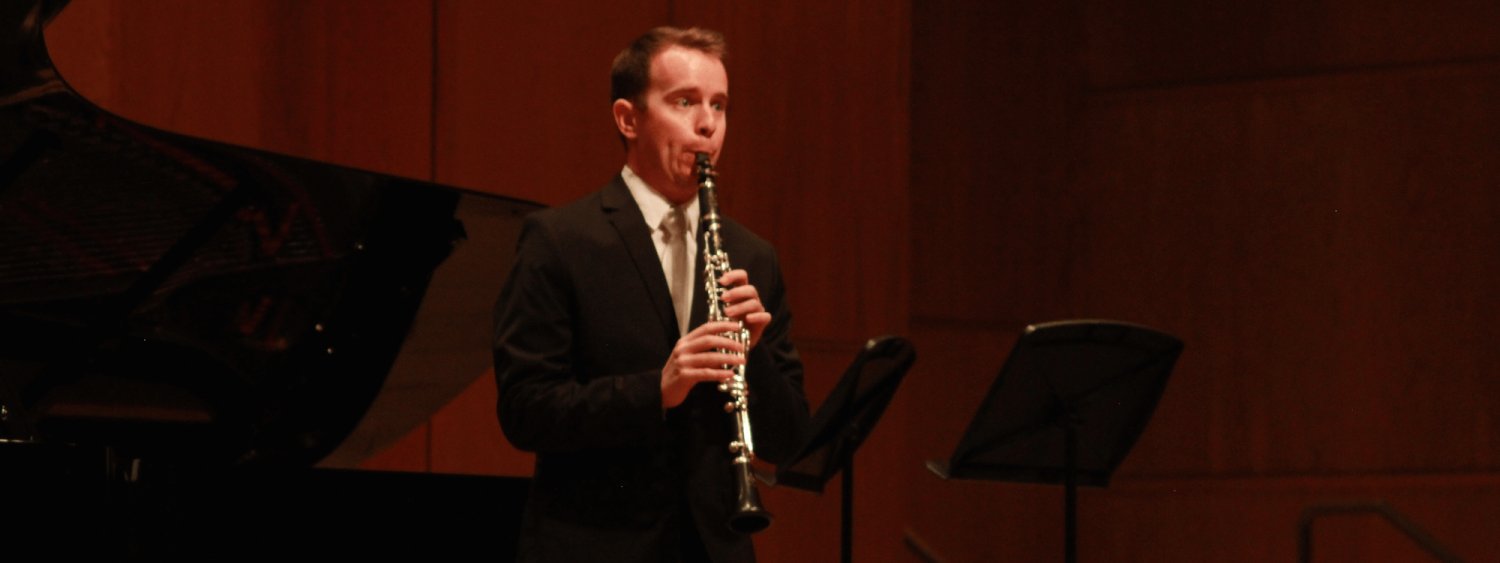Auditions

All applicants must apply to the University of Colorado Graduate School. Apply here.
Deadlines
Fall admission
- Dec. 1: Deadline for all applicants to submit application with requested supplemental materials.
Spring admission (Music Education, only)
- Oct. 1: Only music education applications accepted; deadline for application and all requested materials.
Summer admission (Summer MME program, only)
- March 1: Deadline for application and all requested materials.
Live audition days
The College of Music holds live auditions in January and February. At least two weeks prior to the start of our audition dates, brass + percussion, jazz, strings and most woodwind applicants who pass the pre-screening round (if applicable) will be invited to select one of the following live audition dates:
- Jan. 17, 2026
- Jan. 24, 2026
- Feb. 7, 2026
Please note the following areas schedule department-specific auditions or interviews on alternate dates:
- Composition + theory
- Conducting
- Keyboard
- Music education
- Musicology
- Voice
Please contact department chairs for the department’s audition or interview dates.
Some departments may require additional materials for teaching assistantship consideration. Please check your department website or contact the area chair for specific details.
Pre-screening recordings
Please review specific information below for pre-screening recording requirements. All pre-screening and recorded auditions must be uploaded in our application through the digital portfolio tab on the left side of the application.
Recording requirements
We cannot accept DVD or CD recordings; you must upload your recording to the graduate application.
Submit recordings using the same process if you are applying for a program that requires a pre-screening audition. You will be contacted if you have been invited to move on in the application process.
Writing samples
A scholarly writing sample (e.g., research paper) is required of all DMA, PhD and MM in theory and MM in historical performance + research applicants. The document should demonstrate ability in critical thinking, appropriate research techniques, and skill in the cogent use of English. Writing samples should be uploaded using the digital portfolio tab of graduate application.
Audition + application requirements
Learn more about pre-screening (if applicable), audition/interview and application requirements by department.


